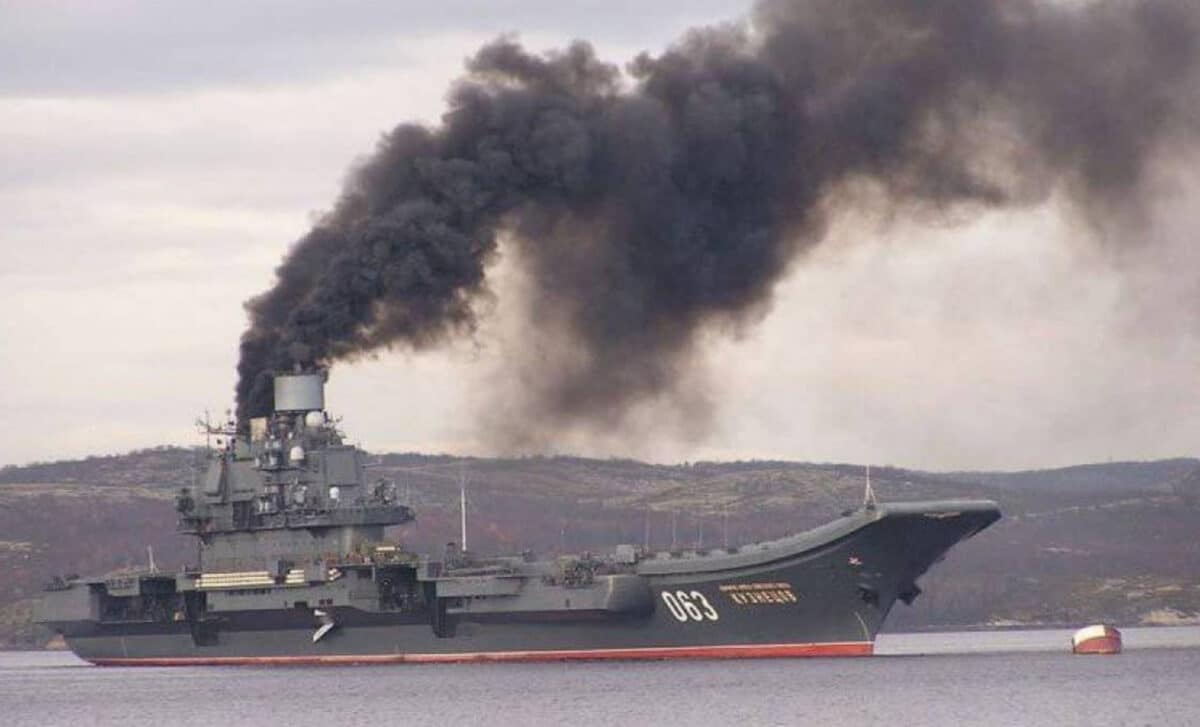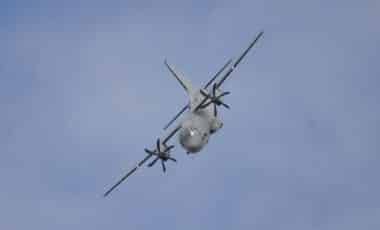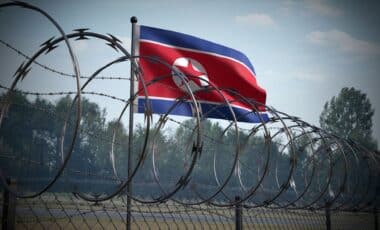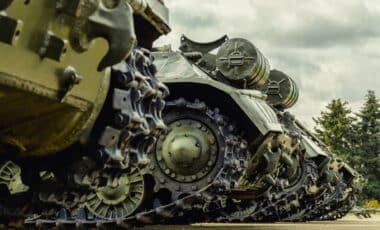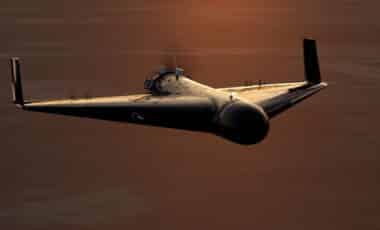Russia’s last remaining aircraft carrier, the Admiral Kuznetsov, is facing decommissioning after years of failed repairs and mounting structural issues. This development will leave Russia as the only permanent member of the UN Security Council without an operational aircraft carrier, highlighting a significant decline in its conventional naval power.
The Admiral Kuznetsov has been moored in Murmansk since 2017, plagued by multiple setbacks, including fires, drydock accidents, and repeated delays in modernization efforts. According to reports from Russian state and independent media, the ship’s repairs have been suspended, and senior naval officers are expected to confirm whether it will be scrapped in the near future, reports UK Defence Journal.
What Would Happen If Earth’s Rotation Stopped? Prepare for Unimaginable Chaos
Decline of Russian Naval Power
The decommissioning of the Admiral Kuznetsov marks a pivotal moment in Russia’s naval history. Once a symbol of Soviet maritime ambition, the ship has struggled for years to remain operational. With a full displacement of nearly 59,000 tonnes and a top speed of 29 knots, it was intended to be the flagship of a new class of carriers. However, after multiple failed repair attempts and mounting structural issues, the ship has become more of a liability than an asset to Russia’s navy.
As the only remaining carrier, the Kuznetsov’s failure to meet modern operational standards signifies broader challenges within the Russian naval fleet. Despite its once-prominent status, Russia’s underinvestment in carrier doctrine and shipbuilding has left it without a viable maritime aviation platform. The absence of this key asset will further diminish Russia’s ability to project power at sea.
The Kuznetsov’s Struggles
The Admiral Kuznetsov has been plagued by an array of operational challenges since its commissioning by the Soviet Navy. Its struggles include several catastrophic events, such as fires and accidents in drydock, which have kept it out of service for extended periods.
The ship’s outdated propulsion system, which relies on mazut fuel, has contributed to significant environmental concerns, with thick black smoke trailing behind the vessel during its limited operational periods.
These operational issues have been compounded by allegations of corruption and delays in modernization. According to Izvestia, work on the ship has now been suspended altogether, leading to speculation about its future. Senior naval officers are expected to make a final decision on whether the ship will be scrapped in the coming weeks.
Shifting Naval Strategy
The decision to retire the Admiral Kuznetsov has garnered support from some within the Russian military. Admiral Sergei Avakyants, the former head of Russia’s Pacific Fleet, has publicly stated that traditional aircraft carriers are becoming increasingly inefficient in modern warfare. He believes that unmanned systems and robotic platforms are the future of naval warfare, making the upkeep of large, manned carriers less essential.
In 2024, the Kuznetsov’s crew was reassigned to ground operations in Ukraine, with personnel forming a ground unit that operated in the Pokrovsk sector. This shift highlights the changing priorities within Russia’s military, where the focus is increasingly on land-based operations rather than naval power projection. The retirement of the Kuznetsov reflects this broader reorientation, with Russia focusing its resources on other areas of military modernization.

